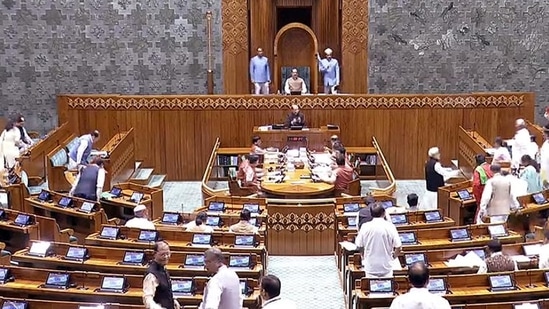
The proposed amendments seek to ensure representation of Muslim women and non-Muslims in Waqf boards, a move that has elicited varied responses from different quarters. Additionally, the bill proposes the establishment of separate boards of Auqaf for the Bohra and Aghakhani communities, aiming to address the unique needs of these groups.
Minister Rijiju emphasized that the bill does not infringe upon the freedom of any religion, stating, "All the provisions in this Bill... do not interfere with the freedom of any religion, nor do they violate any Article." He further highlighted that the amendments are intended to extend rights to marginalized groups within the Muslim community, including women and other suppressed classes.
The introduction of the bill has sparked opposition from several political leaders and organizations. Congress MP K.C. Venugopal criticized the bill, asserting that it is designed to "divide the people of the country" and represents "an attack on the federal system." Similarly, Congress MP Hibi Eden expressed concerns that the bill could infringe on property rights and constitute undue interference in the administration of religious endowments.
Muslim leaders and opposition parties have also voiced apprehensions regarding the bill's provisions. Dr. Syed Zafar Mahmood, former advisor to the Sachar Committee and president of the Zakat Foundation of India, argued that allowing non-Muslims to serve on Waqf boards could violate the Muslim community's constitutional rights to manage their religious institutions independently. He highlighted that, unlike other religious trusts in India, which require board members to belong to the same faith, the proposed amendments would mandate the inclusion of at least two non-Muslims on Waqf boards.
Another significant change proposed in the bill involves replacing the role of the survey commissioner with that of a district collector or magistrate for the survey of Waqf properties. Critics fear that this shift could compromise the autonomy of Waqf institutions and potentially lead to state appropriation of Waqf assets.
The bill has been referred to a Joint Parliamentary Committee for further review. Minister Rijiju indicated that the government is committed to passing the bill in the forthcoming winter session of Parliament, stating, "There's tremendous pressure from all over the country, from all sections of society, including from the Muslim community, to pass this bill."
